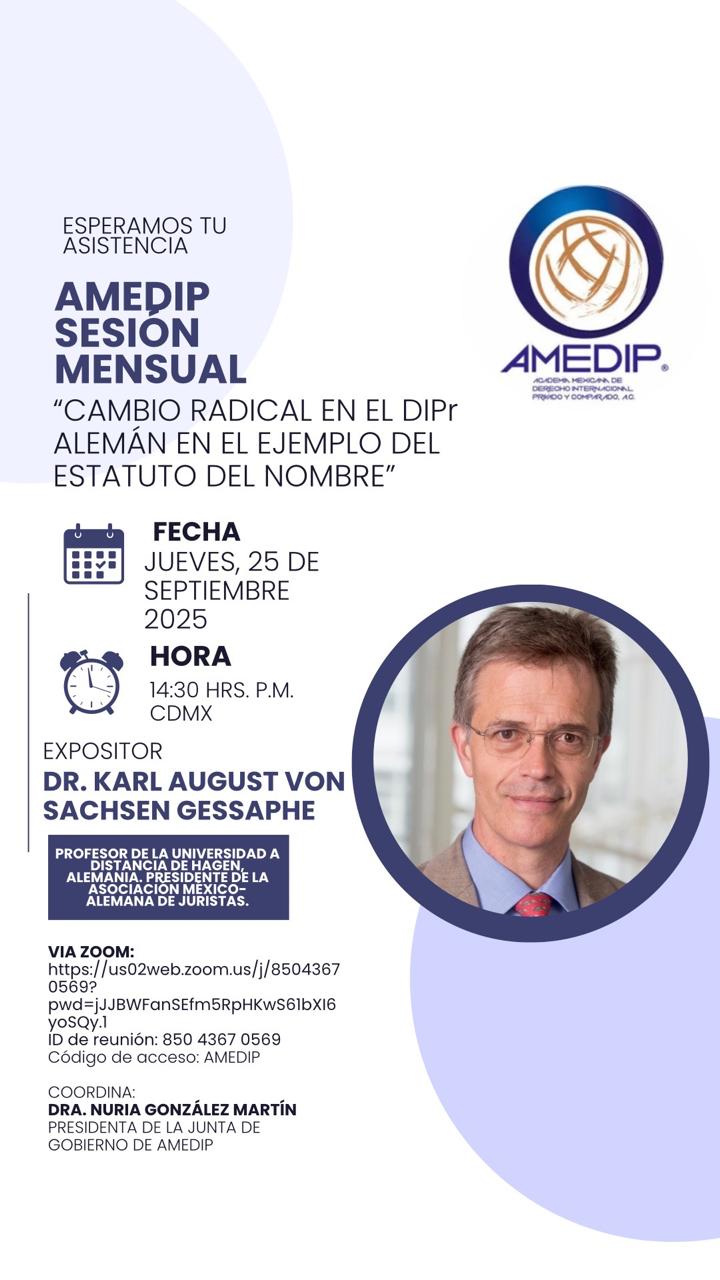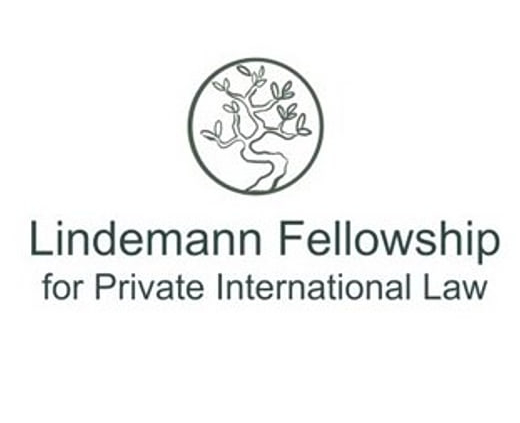Views
The Development of forum non conveniens in the Chinese Law and Practice
by Arvin LUO Fuzhong, Doctoral Candidate at Tsinghua University, Visiting Research Associate at HKU, LL.M. (Cornell), Bachelor of Laws (ZUEL).*
The doctrine of forum non conveniens is an important principle in civil procedure laws and frequently applied by courts in many legal systems, especially those of common law countries. According to this principle, when courts exercise their discretionary power to determine whether to exercise jurisdiction over the factual circumstances of a case, they primarily consider issues of efficiency and fairness to find the most appropriate forum to settle the dispute. If the acceptance of a case would lead to inefficient outcomes and consequences that are contrary to justice, the court may refuse to exercise jurisdiction on the grounds that it is not the appropriate forum.
Unrealized by many international scholars and practitioners,[1] China has been adopting (formally or informally) the doctrine of forum non conveniens for more than 30 years, first through a few court judgments, then provided in judicial interpretations issued by the Supreme People’s Court of PRC (“SPC”), which is binding for all Chinese courts, and finalized in the 2024 Civil Procedure Law of PRC. This article introduces the history of Chinese law adopting the doctrine of forum non conveniens in the past years, and the development of China’s law revision in 2023. Read more
Moroccan Supreme Court Confirms Child Return Order to Switzerland under the HCCH 1980 Child Abduction Convention
I. Introduction
It is not uncommon for scholars examining the interplay between the HCCH 1980 Child Abduction Convention and the legal systems of countries based on or influenced by Islamic Sharia to raise concerns about the compatibility of the values underlying both systems. While such concerns are not entirely unfounded and merit careful consideration, actual court practice can present a very different reality.
Morocco’s engagement with the Hague Conventions, notably the HCCH 1980 Child Abduction Convention and the HCCH 1996 Child Protection Convention, provides a particularly illustrative example. As previously reported on this blog (see here, here and here), Moroccan courts have thus far demonstrated a clear willingness to engage constructively with the HCCH instruments, effectively dispelling – at least to a significant extent – concerns about the existence of a so-called “Islamic exceptionalism” as an obstacle to resolving parental child abduction cases. The case presented here provides yet another compelling example of how Moroccan courts interpret and apply the HCCH 1980 Child Abduction Convention in a manner consistent with Morocco’s international obligations. This is particularly noteworthy given the presence of elements often cited as indicative of “Islamic exceptionalism.” Read more
Brazil’s New Law on Forum Selection Clauses: Throwing the Baby out with the Bathwater?
This post was written by Luana Matoso, a PhD candidate and research associate at Max Planck Institute for Comparative and International Private Law in Hamburg, Germany.
Brazil has changed its law on international forum selection clauses. In June this year, a new statutory provision came into force, adding, unexpectedly, new requirements for their enforceability. In this attempt to redistribute domestic litigation, the Brazilian legislator may well have thrown out the baby, international forum selection clauses, with the bathwater.
News
Call for Applications: Lindemann Fellowship for PIL
The University of Hamburg has announced its second Call for Applications for the Lindemann Fellowship for Private International Law. Eligible are researchers based in Europe who recently completed or are close to completing their PhD studies, with a main research focus on conflict of laws and/or international civil procedure.
Becoming a Lindemann Fellow means having a 3-year grant within a vibrant European network, fully funded annual meetings to present and discuss your research, and publication in an open-access collected volume.
More information about the Fellowship is available at the webpage: https://www.jura.uni-hamburg.de/duden/60-fellowship-lindemann.html
Applications (combined into a single PDF) must be submitted by 1 November 2025 to lindemann-fellowship@uni-hamburg.de.
The White Paper on Digital Product Passports and Critical Raw Materials for Batteries: Legal Conflicts and Principles for Cross-Border Cooperation
The White Paper on “Digital Product Passports and Critical Raw Materials for Batteries: Legal Conflicts and Principles for Cross-Border Cooperation” is now formally published on the UNECE website!
The United Nations Economic Commission for Europe White Paper identifies and analyses the critical legal challenges in implementing Digital Product Passports (DPPs) for Critical Raw Materials (CRMs), including cobalt, copper, lithium, and nickel. These materials are essential for Energy Transition, for example, electric vehicles.
Yet, tracing their journey from mines to markets to recycling is legally complex and globally inconsistent. This fragmentation hinders sustainability and transition to circular economy.
The White Paper provides policymakers and businesses with: An analysis of conflicting legal frameworks in implementing DPPs; Guiding principles for cross-border cooperation in CRM-Battery value chains.
Read the full White Paper here.
AMEDIP’s upcoming webinar: A radical change in German Private International Law, the example of the naming law (in Spanish)

The Mexican Academy of Private International and Comparative Law (AMEDIP) is holding a webinar on Thursday 25 September 2025 at 14:30 (Mexico City time – CST), 22:30 (CEST time). The topic of the webinar is: A radical change in German Private International Law, the example of the naming law, which will be presented by Prof. Dr. Karl August von Sachsen Gessaphe (in Spanish).



